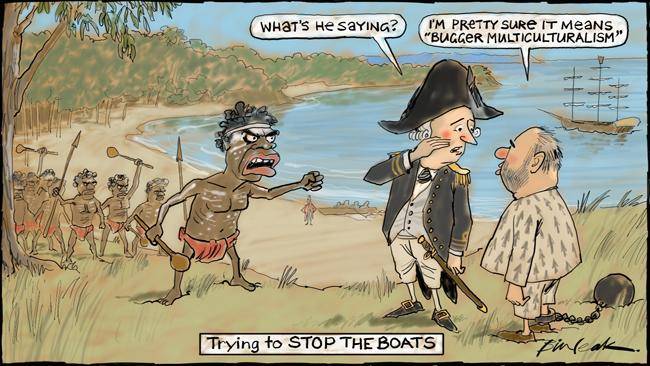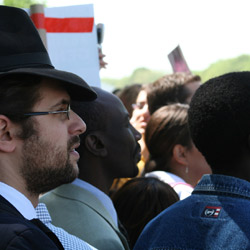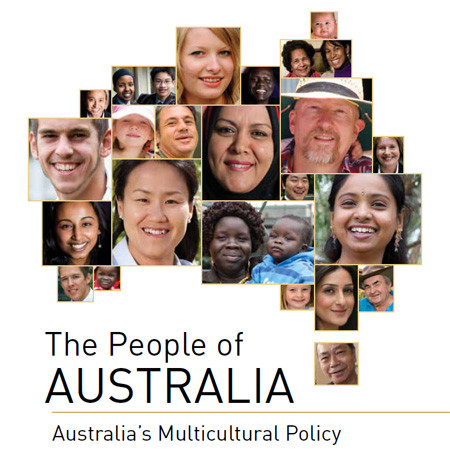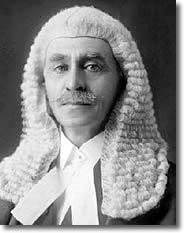Surprise! Jewish Republicans want amnesty and gay marriage
Lots of soul-searching among Republicans on how best to proceed. And not much of a surprise on the direction advocated by the major Republican Jewish donors.
A number of Romney’s financial backers — including Fred Zeidman of Texas, Mel Sembler of Florida and Sheldon Adelson — are among the RJC’s leadership, and Brooks made clear that their voices would be heard.
“A lot of the major financial support the candidates received was from the members of this organization,” Brooks said. “There is a lot of weight behind their message on that.”
William Daroff, the Washington director of the Jewish Federations of North America and a former deputy to Brooks at the RJC, said Republican Jews would likely advise the party to moderate.
“The conventional wisdom is that the election will result in the shift of the Republican Party to the center, particularly on issues of immigration,” Daroff said. “To the extent that the party does shift, it would make Republican candidates more appealing to Jewish voters who may be inclined to vote Republican on foreign policy and homeland security issues but who have been turned off by conservative Republicans rigidity on social issues.
Some of the leading voices counseling moderation of hard-line Republican policies have been Jewish conservatives. One of the first post-election posts from Jennifer Rubin, who writes the Right Turn blog for the Washington Post, said it was time to stop opposing gay marriage in the political arena.
“Republicans for national office would do well to recognize reality,” Rubin said. “The American people have changed their minds on the issue and fighting this one is political flat-earthism. As with divorce, one need not favor it, but to run against it is folly, especially for national politicians who need to appeal to a diverse electorate.” (“On the morning after: Jewish Republicans Advise the Party“
See also John Graham on Jewish Republican donors on behalf of gay marriage: “New York gay marriage: Follow the Jewish money“). Read more









